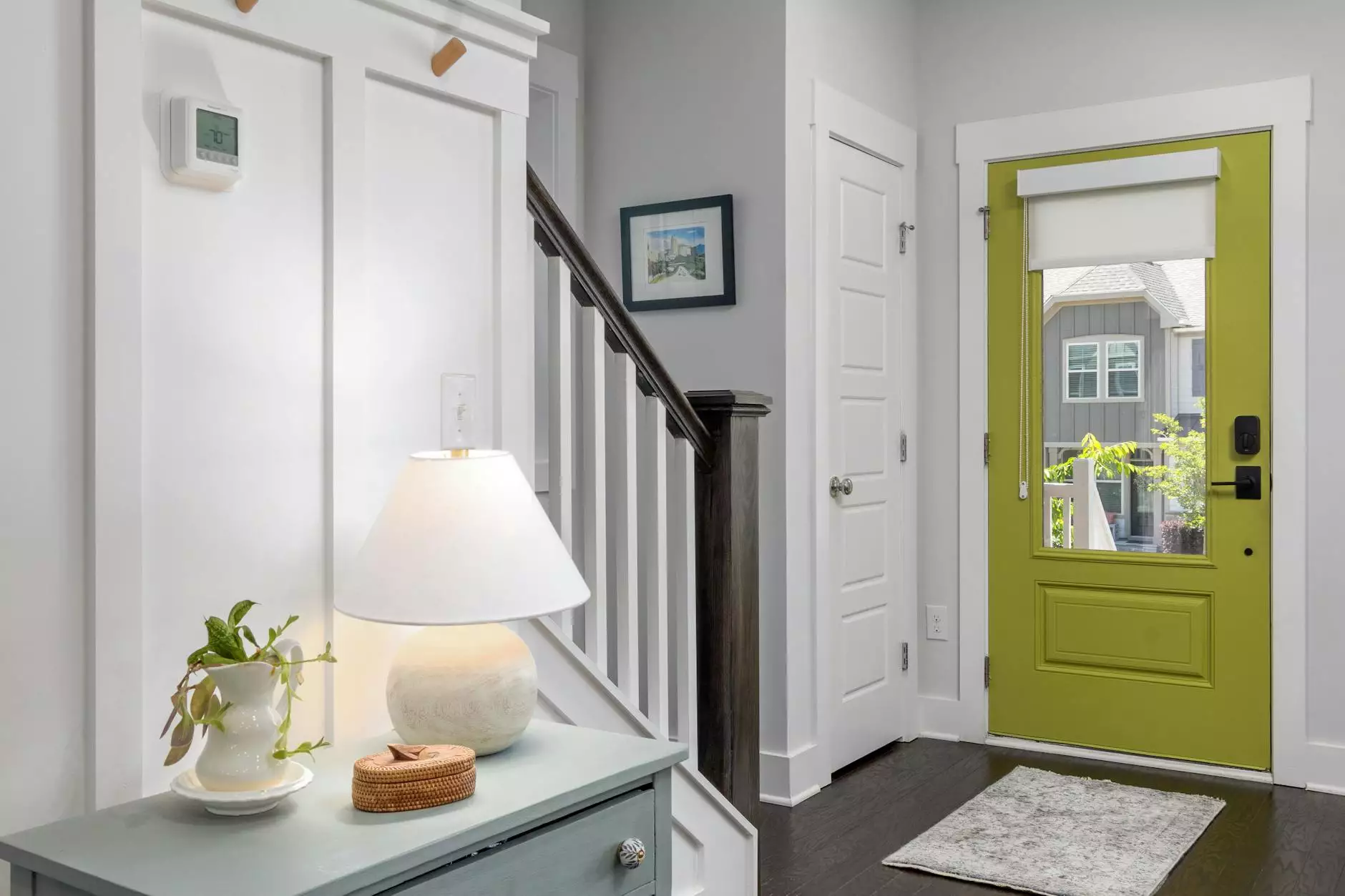Finding the Best Geriatric Doctors Near Me

Searching for geriatric doctors near me can seem daunting. However, understanding the role of these specialists and how to locate them effectively can simplify the process. This article will guide you through the essential aspects of geriatric healthcare, describe how geriatricians can benefit the elderly, and provide practical tips for finding the right doctor in your area.
What is Geriatric Medicine?
Geriatric medicine is a branch of medicine that focuses on healthcare for older adults. As we age, our healthcare needs become more complex, requiring specialized knowledge and a comprehensive approach. Geriatricians are trained to provide care that addresses a variety of health issues, including chronic diseases, age-related conditions, and psychological concerns.
Importance of Geriatricians
The expertise of geriatric doctors is vital for several reasons:
- Chronic Disease Management: Older adults are more likely to suffer from multiple chronic diseases, which requires careful management.
- Medication Management: Geriatricians can minimize the risks of polypharmacy—taking multiple medications that may interact negatively.
- Preventative Care: They focus on preventive measures to improve quality of life and longevity.
- Holistic Approach: Geriatricians take into account physical, emotional, and social factors that affect health.
Benefits of Seeing a Geriatric Doctor
Consulting a geriatric doctor offers numerous benefits to older adults:
1. Comprehensive Assessments
Geriatricians conduct thorough assessments that evaluate not only physical health but also cognitive function and emotional well-being. This holistic approach ensures that all aspects of a patient’s health are taken into consideration.
2. Personalized Treatment Plans
Each patient receives a tailored treatment plan that addresses their unique health challenges, lifestyle, and goals. Geriatric doctors take the time to understand their patients’ histories and preferences, which is crucial in developing effective care strategies.
3. Coordination of Care
Older adults often see multiple specialists. Geriatricians are adept at coordinating care among different providers, ensuring that treatments are not only effective but also safe and aligned with the patient’s overall health outcomes.
4. Mental Health Support
Caring for older adults also means addressing mental health issues such as depression and cognitive decline. Geriatricians are trained to identify and treat these conditions, often working closely with psychiatrists and psychologists.
How to Find Geriatric Doctors Near You
Finding qualified geriatric doctors near me can be achieved through several effective methods:
1. Online Research
Start with online searches using terms like “geriatric doctors near me” or “best geriatricians in [Your City]”. This will help you compile a list of available specialists in your area. Be sure to include reputable directories and review sites.
2. Utilize Healthcare Websites
Websites like Star Medical provide resources where you can search for specialists based on your needs. Ensure that you read patient reviews and check for qualifications.
3. Ask for Referrals
Consult your primary care physician for recommendations. They can refer you to trusted geriatricians with whom they have had successful patient outcomes.
4. Check with Local Hospitals
Hospitals often have geriatric departments and can provide you with a list of affiliated geriatricians. Don't hesitate to contact them for information.
5. Community Health Resources
Local community centers, senior organizations, and health fairs often provide information on available medical services, including geriatric care.
What to Expect During Your First Visit
During your first appointment with a geriatric doctor, you can expect the following:
- Thorough Medical History: Be prepared to discuss your complete medical history, including current medications, past surgeries, and any chronic conditions.
- Health Assessments: The doctor may perform various health assessments, including cognitive tests, physical examinations, and evaluations of daily activities.
- Discussion of Goals: A conversation about your healthcare goals, lifestyle preferences, and any concerns you may have about aging.
Frequently Asked Questions (FAQs)
1. When should I see a geriatric doctor?
If you or your loved one is experiencing multiple health issues, chronic illnesses, or difficulties with daily activities, it may be time to consult a geriatrician.
2. Are geriatric doctors covered by insurance?
Most insurance plans do cover visits to geriatricians, but it’s essential to check with your insurance provider to understand specifics.
3. How do I prepare for my appointment?
Bring a list of all medications, any medical records, and notes on your health concerns. It’s also beneficial to have a family member or caregiver join you for support.
4. What conditions do geriatricians treat?
Geriatricians treat a wide array of issues, including dementia, arthritis, heart disease, osteoporosis, and depression.
5. Can a geriatric doctor coordinate with my other specialists?
Yes, one of the key functions of a geriatrician is to coordinate care with other specialists to ensure comprehensive management of your health.
Your Next Step Towards Better Health
Finding the right geriatric doctor is crucial for effective healthcare as you or your loved ones age. Remember that these specialists are dedicated to enhancing the quality of life for older adults. If you are seeking geriatric doctors near me, consider contacting Star Medical. Their team of expert geriatricians is committed to providing high-quality medical care tailored to the unique needs of the elderly.
In conclusion, geriatricians play an essential role in managing the intricate health needs of older adults. By taking the time to find the right care provider, you're investing in a healthier, more fulfilling life as you age.









